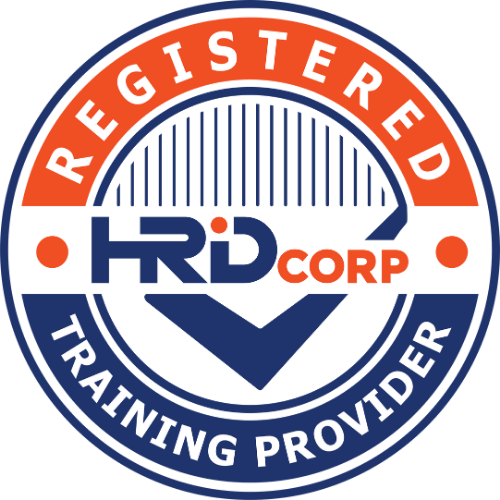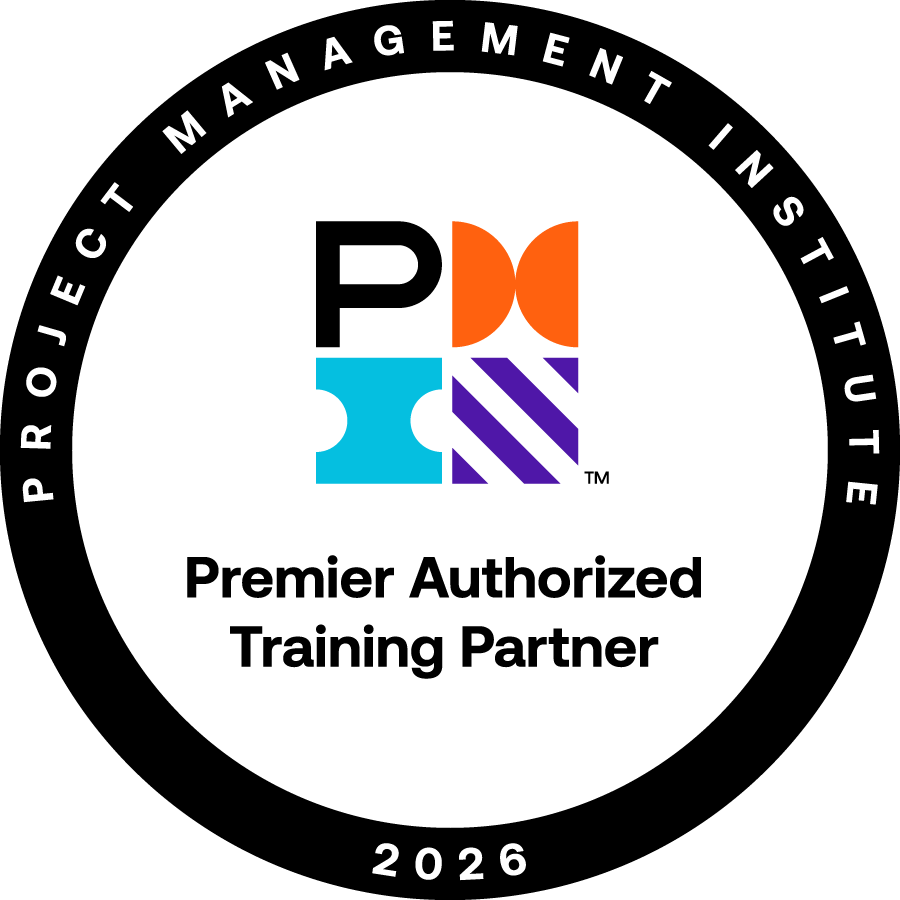Course Overview
Globally, the response to increasing economic, business, and technological turbulence has been an adoption of collaborating while delivering of products and services. Companies that collaborate, grow revenues 37% faster and generate 30% higher profits than those that do not. These impediments are rooted in leaders who are unable to motivate others based on self-determination to succeed and who fail to respect human life and dignity.
To manage the impediments, the primary focus of this training course will be on developing a servant leader mindset that seeks to lead by providing service required by others. Encouraging self-organization and clearing the path towards better performance will be the guiding principle throughout the course.
By doing leaders will be better equipped to maintain a positive attitude when undertaking organizational transformations in collaboration with employees.
What you will learn?
- Recognize impediments associated leading in a VUCA business environment;
- Develop the qualities that makes one a VUCA leader;
- Apply principles of leadership agility;
- Realize importance of a being a Servant Leader;
- Create an environment to encourage self-organization;
- Establish the requirements for a collaborative work environment;
- Consolidate knowledge transfer activities to improve innovation and creativity;
- Foster a culture of accountability at the workplace;
1. Project Managers
2. Scrum Masters
3. Managers
4. Anyone working in Agile environment
5. Agile Project Managements
6. Agile specialists
7. Team Leads
2. Delivery Predictability
3. Engaged stakeholders
4. High-performing teams
5. Improved Productivity metrics
6. Improved Quality
7. Improved Visibility of Outcomes
8. Improved Adaptability
9. Lower risks
10. Satisfied Customers
Learning Outcomes
Techniques
Techniques
Discuss techniques to lead and manage Agile teams in fast-paced, rapidly changing environments.
Communication
Communication
Explain how to communicate and collaborate with stakeholders in a VUCA environment.
Culture
Culture
Explain how to create a culture of collaboration and continuous improvement within Agile teams.
Principles & Practices
Principles & Practices
Apply principles and practices of Agile and leadership in VUCA environments.
Effective Decisions
Effective Decisions
Apply techniques to make quick and effective decisions in a volatile, uncertain, complex, ambiguous environment.
Additional Values
Course Outline
Topic | Description |
|---|---|
Agile Methodologies | Understanding the principles and practices of agile development, including Scrum, Kanban, and other agile frameworks |
VUCA environments | Understanding the characteristics and challenges of VUCA (volatile, uncertain, complex, and ambiguous) environments, and how to adapt leadership styles and approaches to manage in these environments |
Emotional Intelligence | Developing emotional intelligence skills to build strong relationships, foster collaboration, and manage conflict effectively |
Strategic Thinking | Developing skills in strategic thinking, including identifying and evaluating opportunities, assessing risks, and making data-driven decisions |
Change Management | Understanding change management principles and techniques, including how to communicate change, manage resistance, and facilitate adoption |
Team Leadership | Developing skills in team leadership, including effective communication, coaching and mentoring, and creating a culture of continuous improvement |
Innovation & Creativity | Developing skills in fostering innovation and creativity, including how to generate new ideas, prototype and test them, and bring them to market |
Agility & Adaptability | Developing skills in agility and adaptability, including how to pivot quickly, respond to changing market conditions, and manage risk effectively |
Testimonials
Our Clients










